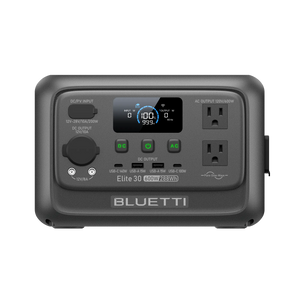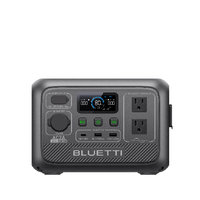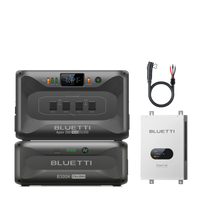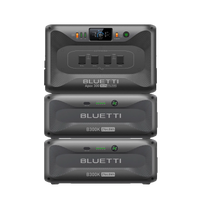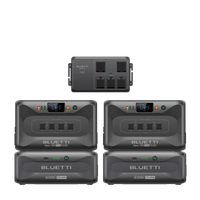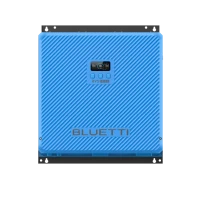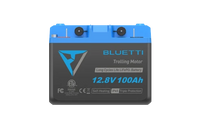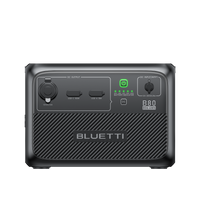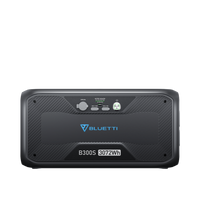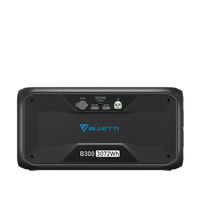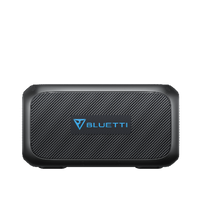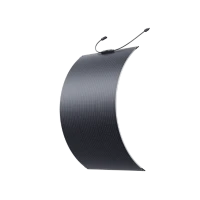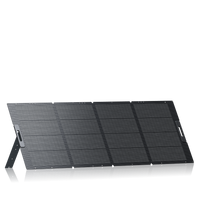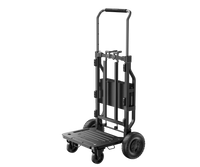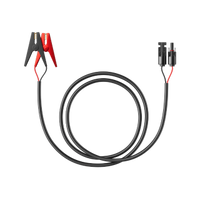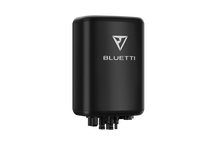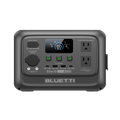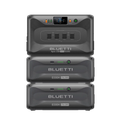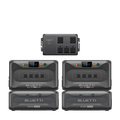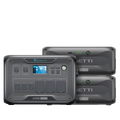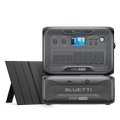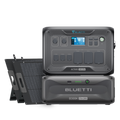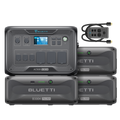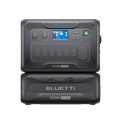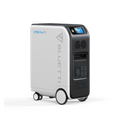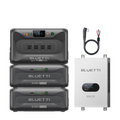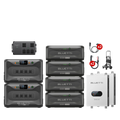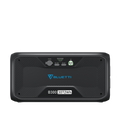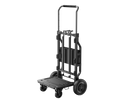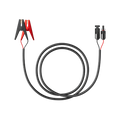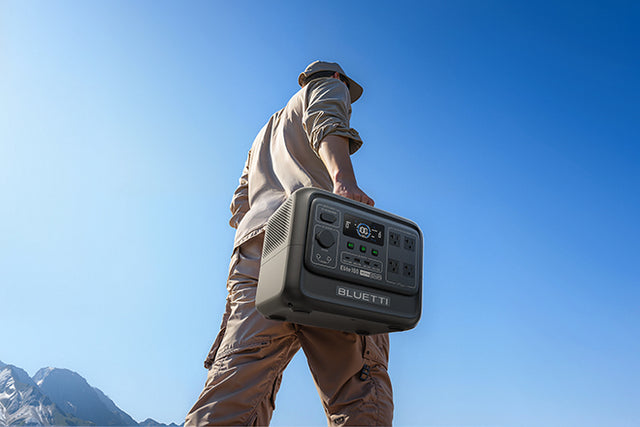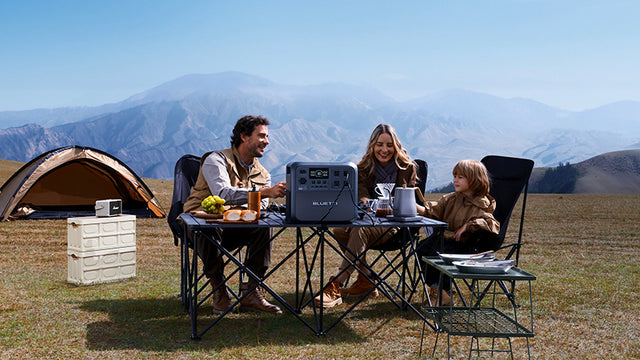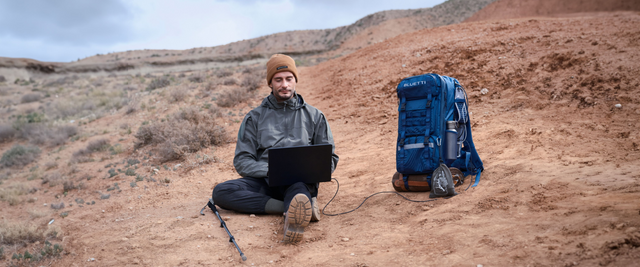Your cart is empty
Shop our productsThe quickest answer is yes. Your home insurance may cover up to $500 worth of the cost of perishable food items like meat, milk, and veggies. You get reimbursement for food loss in a power outage if the cause of the shut off is covered by your policy, for example, a lightning strike.
One of the many harms of power outages is to food. As a result of the prolonged shutdown of your fridge and freezer, your fresh food ends up spoiled and becomes unsafe to eat.
As per the food safety guidelines issued by the U.S. Department of Agriculture, a refrigerator without power only keeps food safe for up to four hours. After that, you should avoid refrigerated perishable food, specifically eggs, fish, poultry, meat, and leftovers. This means a power outage causes huge food loss.
Fortunately, you would get reimbursement for food loss in a power outage. In this blog, we're going to discuss this in detail so you get answers to all your questions. It's important to note that the entire journey from filing the claim to receiving the compensation can be time-consuming and confusing. But you should keep trying to use the details we're providing here.
Does Home Insurance Cover Your Fridge Freezer Food?

Fortunately, yes! Many home insurance policies cover fridge and freezer food loss due to power outages. As mentioned above, you may get coverage for food spoilage worth $500. You may have to pay extra for additional spoiled food coverage. For example, with some policies, you can add up to $2,500 for food-loss coverage.
The coverage depends on many factors, like:
Cause of the power outage
Oftentimes, your insurance policy may reimburse you for the cost of food loss if it results from a covered risk, which is often termed as a peril. These causes typically include:
- A tree has fallen on your home's roof, knocking out your power line.
- The lightning strike that triggers a power outage at your residence.
- A tornado allows rain to enter the home, resulting in a power outage.
But your home insurance policy will not cover your food-loss expenses in scenarios like:
- You accidentally damage your power line during a DIY home renovation project
- You failed to pay the electricity bill
- Food loss due to water damage caused by a flood. It's typically not covered on a standard home insurance policy.
The scale of the effect
Some insurance policies cover food loss if the power outage affects only your home, while other insurers offer the coverage if the entire neighborhood is affected. In either case, the power shut-off should result from a peril covered by your home insurance policy.
So, make sure you check your insurance policy to figure out what perils it covers. Also, check whether it covers food spoilage due to widespread power outages resulting from the fault of your power company.
You may also check with the utility company if they provide reimbursement for food loss in a power outage. Some utility companies reimburse food spoilage if the outage was the utility's fault.
How to Claim Compensation For Food Spoilage Due to Power Outage
There are two sources to claim compensation for food loss due to a power outage:
- Your utility provider
- Your insurance company
The process of making a claim can vary slightly from one source to another and from one company to another.
For example, if you seek compensation from PG&E (Pacific Gas and Electric Company), you have two options: the company's standard claims process as well as their Safety Net program.
The Safety Net program compensates customers who experience an outage due to weather through an automatic Storm Inconvenience Bill Credit. As per this program, the duration of the outage must be at least 48 hours.
The amount of coverage is tiered according to the duration of the outage:
- 48–72 hours: $25
- 72–96 hours: $50
- 96–120 hours: $75
- 120 hours or more: $100, maximum
Important note: Agricultural accounts, businesses, multifamily-building common areas, and other non-residential accounts aren't eligible for Storm Inconvenience Payments. Additionally, outages caused by Public Safety Power Shutoffs (PSPS), wildfires, earthquakes, or access issues (like mudslides or blocked roads) also do not qualify.
You can file the claim online, by fax, by email, or by mail. The process of filing a claim for food spoilage from a power outage asks for a lot of documentation, including:
- Photographs of spoiled food
- Receipts for any replacement food
- Screenshots from the grocery store's website showing food items lost with their prices
Similarly, you've to provide documentation and evidence of food spoilage when submitting a claim as per your renters' insurance or homeowners' insurance. So, don't throw out food, and be sure to take photos of them inside and outside your fridge.
Some key steps to file your claim include the following:
- Create a list of all food items spoiled due to the power outage.
- Take photographs of each spoiled food before throwing it away as evidence.
- Submit the receipts of as many food items as possible, especially expensive items like caviar, cheesesteak, or truffles.
- Estimate the price of items you don't have the receipts for.
- Sum up the total value of the lost food items to figure out how much to make your claim for.
Important note: As for the insurance provider, your history of claims shows that you're more likely to file another one in the future. More claims result in more expenses to the provider. This can reflect an increase in your insurance premiums on the policy's renewal.
Pros and Cons of Filing Food Loss Claims
|
Pros |
Cons |
|
Helps recover costs of spoiled food (up to policy/program limits) |
Claim payout is often small ($100–$500) |
|
Some utility providers offer quick credits with minimal paperwork |
Insurance claims may require documentation and receipts |
|
Provides peace of mind in case of large food loss |
Deductibles may exceed the actual food value |
|
Builds awareness of available coverage options |
Frequent small claims can affect future premiums or eligibility |
Preparing for the Future Power Outages to Reduce Food Waste
Now, you know that food loss from power outages can be significant, making you claim a reimbursement for the loss. However, given that the process can be time-consuming and food loss is bad for the planet, it's best to be prepared. This is especially true if you live in an area that experiences frequent outages and extreme weather conditions.
Here are some tips you must follow when there is an outage:
- Place appliance thermometers in your refrigerator to monitor the temperature inside.
- Keep the doors of the refrigerator and freezer closed.
- Avoid heat gain by grouping packages of cold food together.
- Cover open refrigerated and frozen food cases.
- Use ice to rapidly cool small batches of hot food
- Don't place hot food in the refrigerator or freezer.
- After the outage, never taste food to figure out if it is safe to eat.
- Throw out perishable food items stored in your refrigerator after four hours of the outage.
- Throw away any food with an unusual color, texture, or odor.
You can also keep your fridge powered up using a generator, ideally a solar generator. This ensures continuous cooling during extended outages and prevents costly food spoilage. Solar generators are quiet, eco-friendly, and provide reliable backup without fuel dependency. Here are the two best options from BLUETTI:
BLUETTI AC200L Solar Generator

BLUETTI AC200L is worth considering for refrigerator backup. With its 2,400W output (surge up to 4,800W) and expandable capacity up to 7,577Wh, it goes beyond just running fridges and freezers. It can handle almost all household appliances with ease.
Unlike many portable power stations, the BLUETTI AC200L also features ultra-fast charging (just 1.5 hours from a wall outlet or 2.5 hours solar), a durable LiFePO₄ battery with 3,000+ cycles, and a built-in UPS for 20ms seamless backup. That means no worries about sudden blackouts damaging sensitive devices like PCs or medical equipment.
In addition, the solar generator allows about 1200W of solar input and 2400W via the adapter with every module added. What's more, you can charge this BLUETTI solar generator in different ways, including AC, Solar, car, generator, and more.
Apex 300 Versatile Power Station

BLUETTI Apex 300 is one of the most advanced solar generators available. With 3,840W output (surge up to 7,680W) and dual 120V/240V support, it's capable of running not just fridges and freezers but your entire house load.
What makes the Apex300 stand out? It's the modular and future-proof design. You can start with its 2,764.8Wh capacity and expand it up to a massive 58kWh using additional battery packs. Combined with super-fast solar input (up to 30 kW), it's ready to handle everything from short outages to full off-grid lifestyles.
Unlike traditional generators, the Apex 300 delivers a 0ms UPS switchover, meaning your lights, medical devices, and computers stay on without interruption. Add in its 6,000+ cycle LiFePO₄ battery, automotive-grade durability, and smart app features like disaster alerts and scheduled charging, and you've got one of the most reliable and long-lasting backup systems on the market.
Conclusion
Hopefully, now you've got answers to all your questions related to getting reimbursement for food loss in a power outage. It's good to be prepared for the outage. And, when the outage strikes, follow this guide to claim your coverage in case food spoilage occurs due to the reasons validated by your utility company or the insurance provider.Instead of getting into a tedious claim process and increasing your insurance expenses, it's better to get a power backup. With BLUETTI Apex 300 and AC200L, you can stay worry-free about power outages. Your food will be safe and prevent monetary losses.
FAQs
Does renters' insurance cover food loss due to a power outage?
Yes. Most of the standard renter's personal property insurance provides coverage for food loss from a power outage. As with homeowners' insurance, you only get reimbursement if the power outage is caused by certain perils, such as a lightning strike, hurricane, or fallen tree.
Are insurance deductibles applicable to spoiled food claims?
Yes. Typically, if the value of the spoiled food doesn't exceed the deductible, you may have to bear the cost. On the other hand, some insurers waive the deductibles in certain circumstances.
Is there any utility program that reimburses for food loss from extended power outages?
Yes. One example is PG&E's Safety Net program. This is for customers who experience an outage for more than 48 hours. As per this program, people get a Storm Inconvenience Bill Credit between $25 and $100, depending on the length of the outage.
What if my food spoils during a power outage that lasts for less than 48 hours?
There may not be a clear option for claiming reimbursement for food spoilage from an outage that lasts less than 48 hours. But it's still recommended to submit a claim directly through their official website. Each claim is typically reviewed individually.
How long can food last in a freezer during a power shut-off?
Food in the freezer can last for about 48 hours if the door remains closed, whereas a half-full freezer keeps the food frozen for up to 24 hours.
Shop products from this article
Be the First to Know
You May Also Like
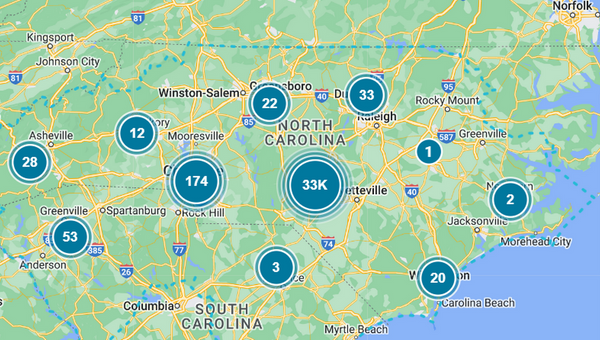
How to Pay Your Duke Energy Bill: A Comprehensive Guide
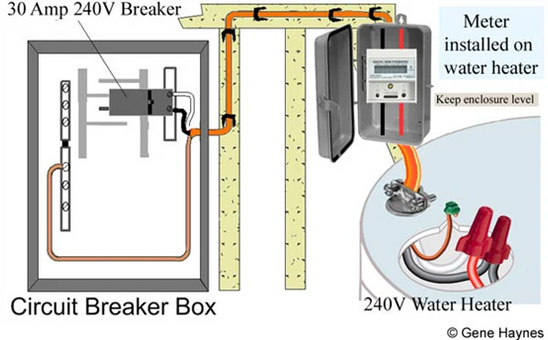
How Many Amps Does an Electric Water Heater Use? (2025)

Best Camping Games to Make Your Adventure Unforgettable
Camping happens to be the only way one can relax in nature and catch up with buddies and family while indulging in some of the most memorable activities. Besides stories...
